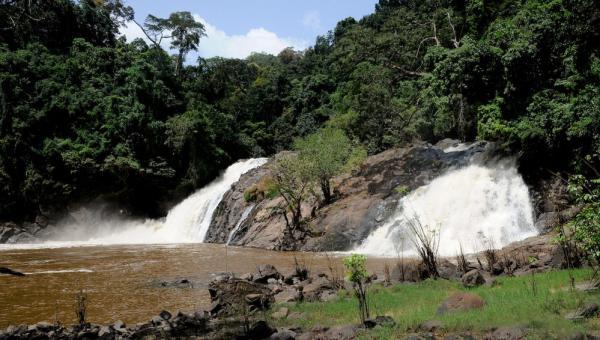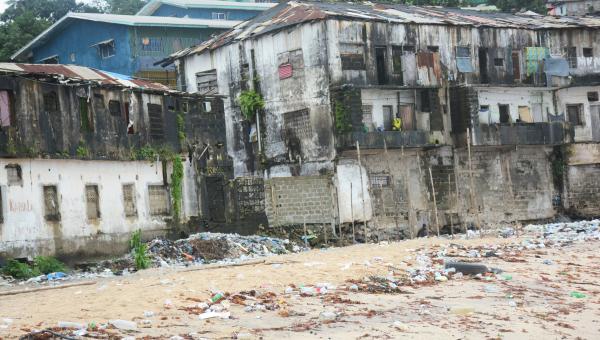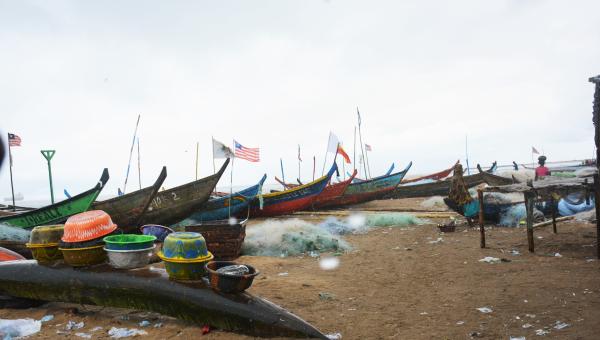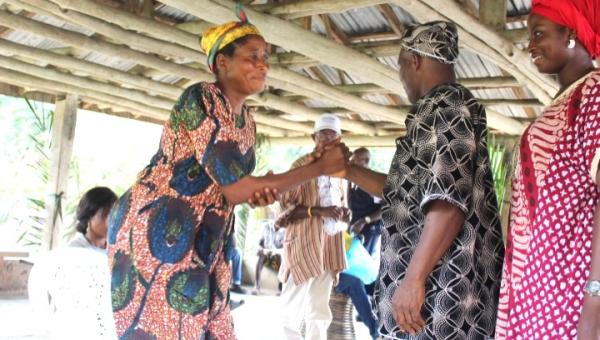UNDP in Liberia
Inclusive Green Growth
Summary
Liberia’s economic growth has suffered multiple shocks including COVID-19 lockdowns, climate change, and the cost-of-living crisis occasioned by the Ukraine war. The country is rich in natural resources and a youthful population passionate about entrepreneurialism – both powerful ingredients for growth. UNDP is supporting the Government and people of Liberia tap into this potential to unlock inclusive, green economic recovery and growth.
In depth
UNDP is working to expand opportunities for Liberia’s small and micro-enterprise owners, boosting those most vulnerable to any economic shocks ahead. Its Inclusive Green Growth Portfolio focuses on both the top level, offering technical advice to government, and at the grass root level, offering training and business growth for entrepreneurs and empowering communities and households through decentralized services.
It is providing business development training and co-financing for post-revenue micro, small and medium-sized enterprises (MSMEs) through UNDP’s Growth Accelerator Challenge, to help them transition to fully fledged commercial entities.
To harness and fully unleash the country’s entrepreneurial energy, UNDP is supporting the Government’s efforts to create resilient livelihood and income-generating opportunities for post-COVID-19 recovery and long-term sustained national development particularly targeting the youth, women, and people with disability (PWDs).
To help mitigate against climate change-induced rising sea levels that are destroying human settlements, schools, and roads in West Point, Monrovia, and Sinoe County, UNDP, through its Energy and Environment program as part of the Inclusive Green Growth portfolio, is supporting the mobilization of funds from the Green Climate Fund (GCF) to construct coastal revetments and to promote integrated coastal zone management.
It is also supporting the government to secure funding to install clean solar energy under the Africa Mini-Grid Programme in most of the country’s health facilities and all County Service Centres replacing the expensive, polluting fuel-powered generators widely used in areas where grid connection is extremely limited.

 Locations
Locations




